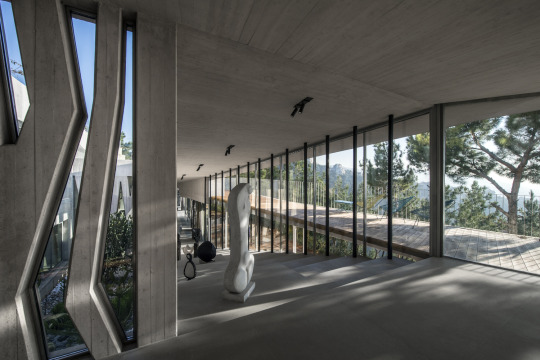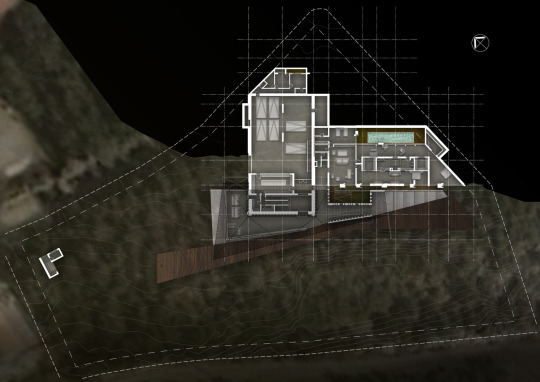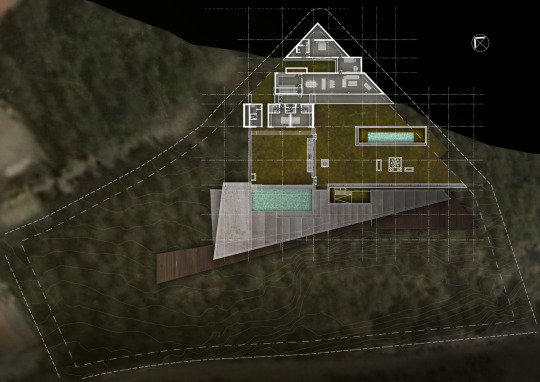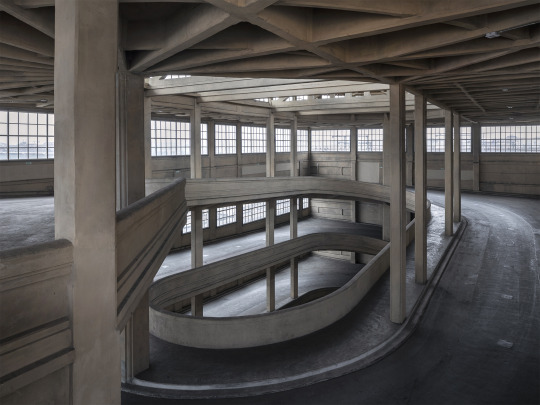#Ramp
Explore tagged Tumblr posts
Text

Someone built a custom wooden ramp for a cat.
#interesting#interesting facts#discover#thats interesting#thats incredible#thats insane#like woah#woah#woah dude#woah :0#animal#animals#cat#cats#ramp#custom#people are cool#cool humans#whatthe#what the freak#what the heck#what the#what#what the fuck#what the hell#what the flip#woahhhh#woahg#but woah#woah woah woah
26 notes
·
View notes
Text

Just another day at Red Flag
40 notes
·
View notes
Text

Ramp.
#gif#art#artists on tumblr#design#pi-slices#animation#abstract#trippy#ramp#loop#3d#redshift#c4d#surreal#aesthetic#spiral
1K notes
·
View notes
Text

Viviendas militares en Madrid Fernando Higueras Madrid, Spain, 1967
456 notes
·
View notes
Text













Villa-T, Kornet Chehouane, Lebanon,
Youssef Tohme Architects and Associates
#art#design#architecture#minimalism#luxury#interior#interiors#luxury house#luxury home#brutalist#ramp#villa T#lebanon#kornet#chehouane#YTAA
100 notes
·
View notes
Text

"Devil's Corkscrews," Niobrara River, Nebraska, USA,
In the late 1800s, a remarkable fossil discovery in what is now northwestern Nebraska captured the imagination of scientists and sparked decades of research.
At the Agate Springs quarries, paleontologists unearthed something entirely unexpected—giant, spiral-shaped fossil structures buried deep underground. These mysterious formations, often several feet tall and coiled like ancient tree trunks, were unlike anything seen before. Their peculiar shape and massive size puzzled researchers for years. What could they be?
Initially dubbed “devil’s corkscrews,” these structures were thought to be the fossilized roots of ancient trees or even the remains of giant freshwater sponges. But as investigations continued, a more grounded explanation emerged.
Scientists eventually determined that these spirals were actually burrows—complex underground dens created by an extinct genus of land-dwelling beavers known as Palaeocastor.
The construction of spiral burrows required more effort from paleocastorines than digging straight inclined passages of the same length. Among the reasons that led burrowing beavers to this form is their territorial crowding: in conditions of large colonies, straight burrows should have often intersected.
According to another assumption, the unusual shape of the burrows was a response to the hot and dry climate of that era. From this point of view, its spiral design could have been a kind of air conditioning system for maintaining an optimal temperature and humidity regime inside the nesting chamber, which was especially important for the successful breeding of offspring.
Today, the “devil’s corkscrews” remain one of North America’s most fascinating and bizarre fossil discoveries—a testament to the strange and adaptive behavior of prehistoric life, preserved in stone beneath the Nebraska prairie.
Photo by B. Nicholls
#art#design#stairwell#stairway#architecture#spiral staircase#ramp#fossil#animals#burrow#underground#palaeocastor#miocene#devil#corkscrews#usa#prehistoric#nebraska#niobrara#agathe springs#tunnel#nest#shelter#nature#nature's engineers
38 notes
·
View notes
Text

rue sherbrooke, montréal
92 notes
·
View notes
Text

Spiral ramps of the Lingotto, by Giacomo Matté-Trucco (1923-1926).
Turin, Italy.
© Roberto Conte (2023)
193 notes
·
View notes
Text



74 notes
·
View notes
Text

Sainsbury's, Providence Place, Maidenhead, 1980. From the Sainsbury Archive.
24 notes
·
View notes
Text
Dad is trying to teach his daughter how to drive her car onto ramps
28 notes
·
View notes
Text

Strike Eagles assigned to the 335th FS at Seymour Johnson AFB waiting to taxi out at Nellis AFB
#McDonnell Douglas#F-15#F-15E#Strike Eagle#strike fighters#jets#planes#airplanes#Nellis AFB#Red Flag#flight line#ramp#apron#fighters#Military aircraft#combat aircraft
34 notes
·
View notes
Photo

137 notes
·
View notes
Text

My signed print of Steve O and Tony Hawk. Two legends in their own right 🛹
#tony hawk#steve o#skateboarding#jackass#900#kick flip#ramp#vert#signed photo#skate#mtv#monster#rail#wall ride#birdhouse#element skateboarding#birdhouse skateboarding#bmx
195 notes
·
View notes
Text




The Compagnons du Devoir et du Tour de France, Nimes, France,
Built in 1969,
Armand Pellier Architect
Xavier de Jauréguiberry Photography
#art#design#stairwell#stairway#architecture#staircase#stairs#interiors#staircases#ramp#compagnons du devoir#nimes#france#brutalist#brutalism#history#armand pellier#tour de france#modern heritage#heritage
16 notes
·
View notes
